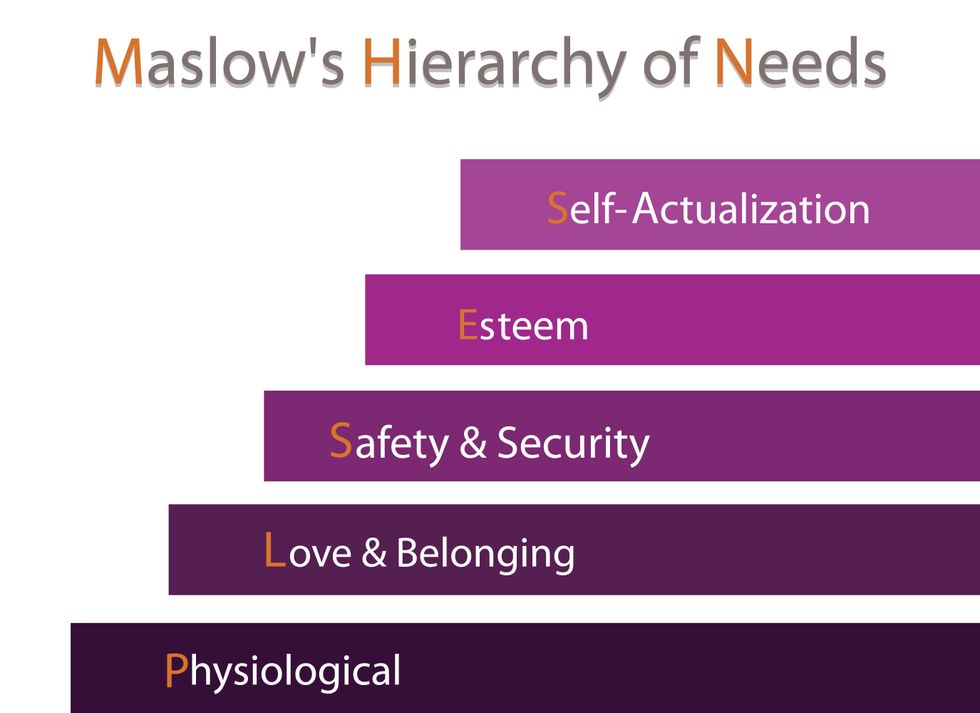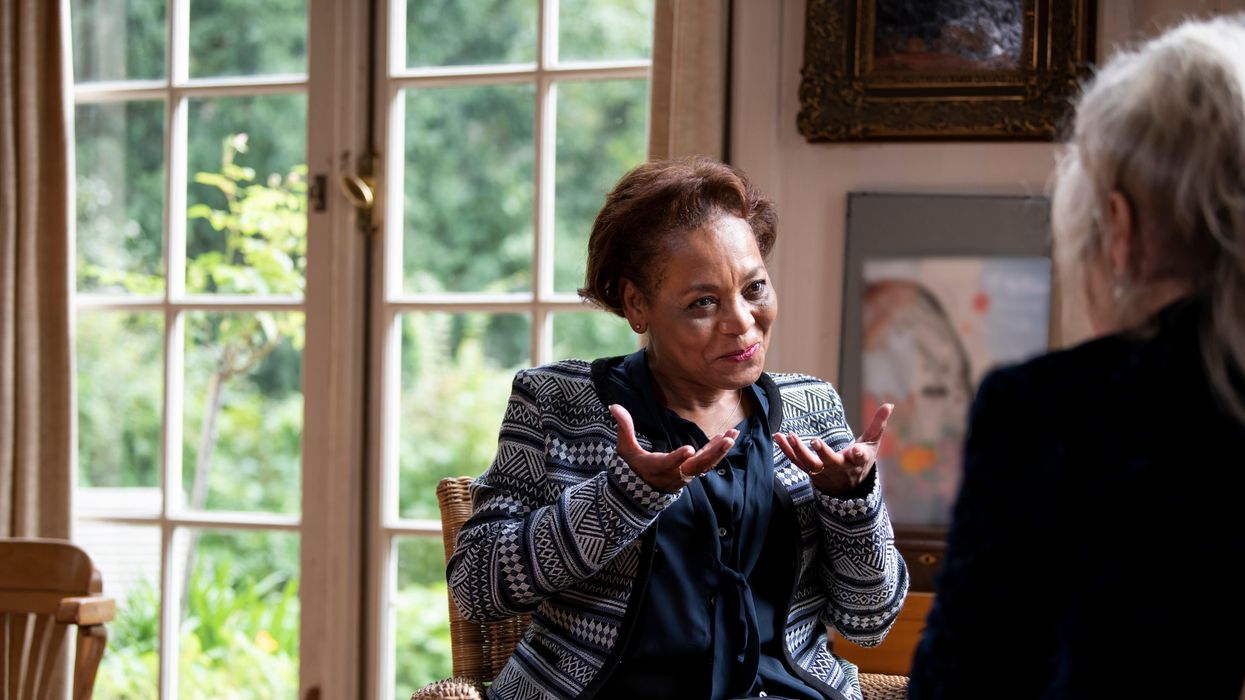Molineaux is president/CEO of the Bridge Alliance Education Fund, is a 501(c)(3) organization that houses The Fulcrum.
I have always been self-reflective. It was my coping mechanism during bouts of family drama, when I would escape to my room and think. In the days before screens took all our attention, I read a lot and journaled a little. With therapy as a young adult and coach training for a midlife career change, I got to know myself well. When I looked at where I wanted to contribute, I landed in politics — with a starry-eyed dream that we could collectively advance our nation via coaching everyone.
My journey of self-discovery, improvement and actualization brings joy to me and many benefits as I work in the rough and tumble of politics. A few are:
- Knowing I am inherently a good person.
- Trusting myself.
- Carrying a sense of peace within myself, sharing it with others.
- Ability to be vulnerable and overcoming the fear of being hurt.
- Understanding the thoughts that are truly mine, compared to thoughts others would like me to believe (family, culture, media, etc.).
- Fearlessness in facing my own beliefs about others and the world at large.
- Befriending my emotions as tools to understand myself better.
I could go on and on. Yes, I like myself, just as I am.
When I was working as a coach, I had a particularly challenging client. Week after week, she failed to keep her agreements to self-reflect. So I asked her why she was avoiding looking inside herself.
"I don't find myself that interesting," was her response.
At that moment, I realized coaching wouldn't work for her. She wanted the world around her to change to her preferences. She wasn't committed to adapting or accepting the world as it was; to examine what was inside herself that caused her resentment. We parted ways soon after.
I suspect the majority of us (Americans) would like our life circumstances to magically adapt to accommodate our preferences. In this current age of the attention economy, we've been catered to by "the customer is always right" thinking perpetuated by advertisers, entertainment platforms and social media to believe it IS possible to create our world just the way we like it.
IRL (in real life) of course, that's not how people, communities or the world works. We are not customers of democracy or consumers of politics. We must be participants.
Good relational skills help us navigate, negotiate and motivate ourselves to meet our needs with others in our day-to-day lives. How often do we self-reflect about our own navigation (what is our purpose?), negotiation (what are deal-breakers?) or motivation (what are we willing to do?)? Our families, communities and nation would be stronger if we stopped to take a look.
Which brings us to Maslow's hierarchy of needs. There is a reason that self-actualization is the pinnacle in the hierarchy. When people are focused on meeting their physical and emotional needs, stopping for self-actualization or personal growth is "one more thing" that requires time and energy. If there is not enough time or energy, people never quite get to their personal growth. It's not necessary for survival. I postulate that self-fulfillment (a benefit of personal growth) is necessary for sustained happiness. And further, that for the American experiment to succeed, collective personal growth is necessary.
 Arayabandit/Getty Images
Arayabandit/Getty Images
When I first contemplated jumping into politics, I was at a crossroads in my life. I had left the soul-killing (for me) work of advertising and marketing. I was a full-time, self-employed executive life coach. My physical and emotional needs were met. But I was still restless and dissatisfied. That is the moment when transformative self-actualization began for me.
"Aren't you ever content?" was the complaint lodged by my then-husband.
He was right — and wrong. Right that I'm rarely content. I love the motivation of being dissatisfied with the status quo and striving for the next thing. I love the rush of endorphins as I co-create something new and innovative with friends and colleagues. I love the journey to deeper understanding of myself, others and our nation. If I'm not moving towards a better future, I'm not happy. But he was wrong that being content was a destination at which to arrive and live out our days.
Pulling back to the perspective of the nation — are we at a moment where we are struggling to survive? Or could our discontent be a sign that we are beginning a self-actualization process, collectively as Americans? I would say that is exactly what is happening.
Culturally, we paused after the turbulent '60s and '70s. We needed a break to embody and recover from seemingly rapid change. Our focus shifted from the continued expansion and security of civil rights to more individual needs. Our discontent was pushed aside for a while. And now we are dissatisfied again because it is time for us to move on, to think about our collective needs. This is our journey to manifest our potential government of the people, by the people, for the people.
Contentment for a moment in time is a great place to rest. But it's the JOURNEY that keeps us alive. That exploration of who we are as a people. How much we can achieve or co-create to make our lives, our communities and our nation a better place to live. And a healthier planet to live upon.
For my former client who didn't find herself interesting and the Americans who think it's "those people" who are to blame for our current situation, I would advise to pause for self-reflection anyway. If you are experiencing feelings of hatred, contempt or disgust, how are those emotions helping our nation? If you feel superior to others who "don't get it," how is your superiority helping our nation?
In our republic, our democratic values are made up of our collective selves. As it is with each of us individually, it is the same with democracy. Democracy is not a destination but a journey to evolve and improve. This is both an individual and community responsibility and only by taking this path together will we heal the wounds that divide us.
At this moment in our nation's history, we have a lot to lose. And a lot to gain if we can get it right.




















Trump & Hegseth gave Mark Kelly a huge 2028 gift